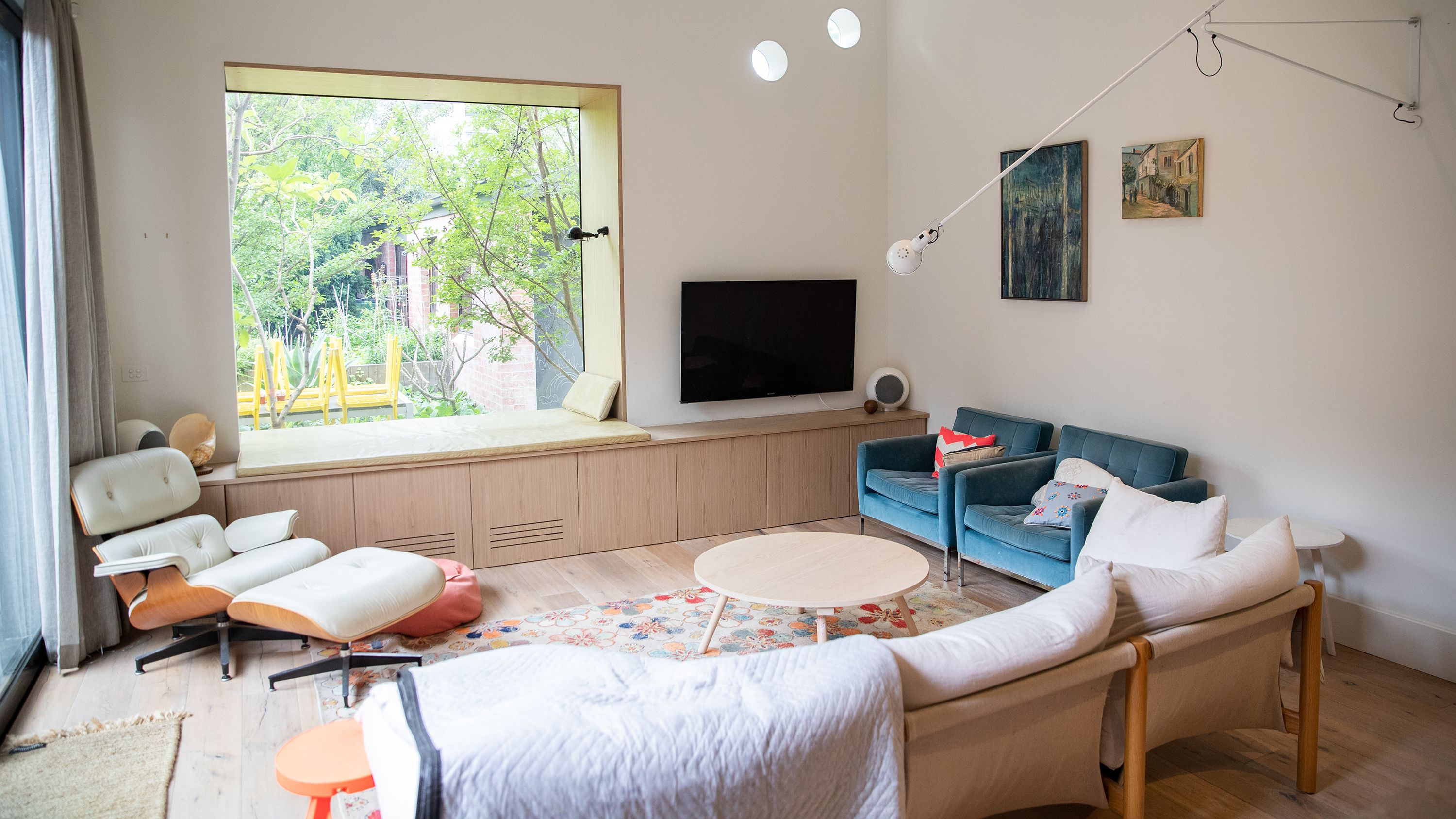…
Compared to other countries, America is known for bigger cars, portions and take-out coffee cup sizes. For most of recent history, Americans have also wanted bigger homes — but now that’s changing.
For most of the last half-century, new single-family homes kept growing. In 1973, the median size of completed single-family homes was 1,525 square feet, according to US Census data. By 2015, that number had ballooned to 2,467 square feet.
But as the cost of buying a home has exploded and McMansions have fallen out of favor, homebuilders have reversed course, building smaller homes with an eye to first-time buyers. In 2023, the median single-family home built was 2,233 square feet, down 9% from the 2015 peak, with many formal dining rooms and “bonus” rooms disappearing.
Carias and her partner ultimately settled on a roughly 920-square-foot home. To maximize space, they decided to use the basement as their primary bedroom.



These are in a major metropolitan area in the US and are fully legal where they are built.
They are modern, and in the case of new builds even include warranties for the first couple of years, but otherwise are pretty ass backwards on the “$/sqft” scale.
Its still denser housing in a place that needs it badly, but the price gouging is irritating to see.
I didn’t mean to imply that denser housing was being built illegally, only that the availability of it is a product of zoning codes forbidding it in most places. I don’t expect dollars per square foot to scale linearly in either case, and in my personal experience, when I ran the numbers about 7 years ago, moving from suburbia to a dense city ended up costing me almost exactly the same, because I no longer need a car here. You think differently about how much space you actually need when your social space is no longer a back yard or a living room and is instead a park or a nearby bar or something.